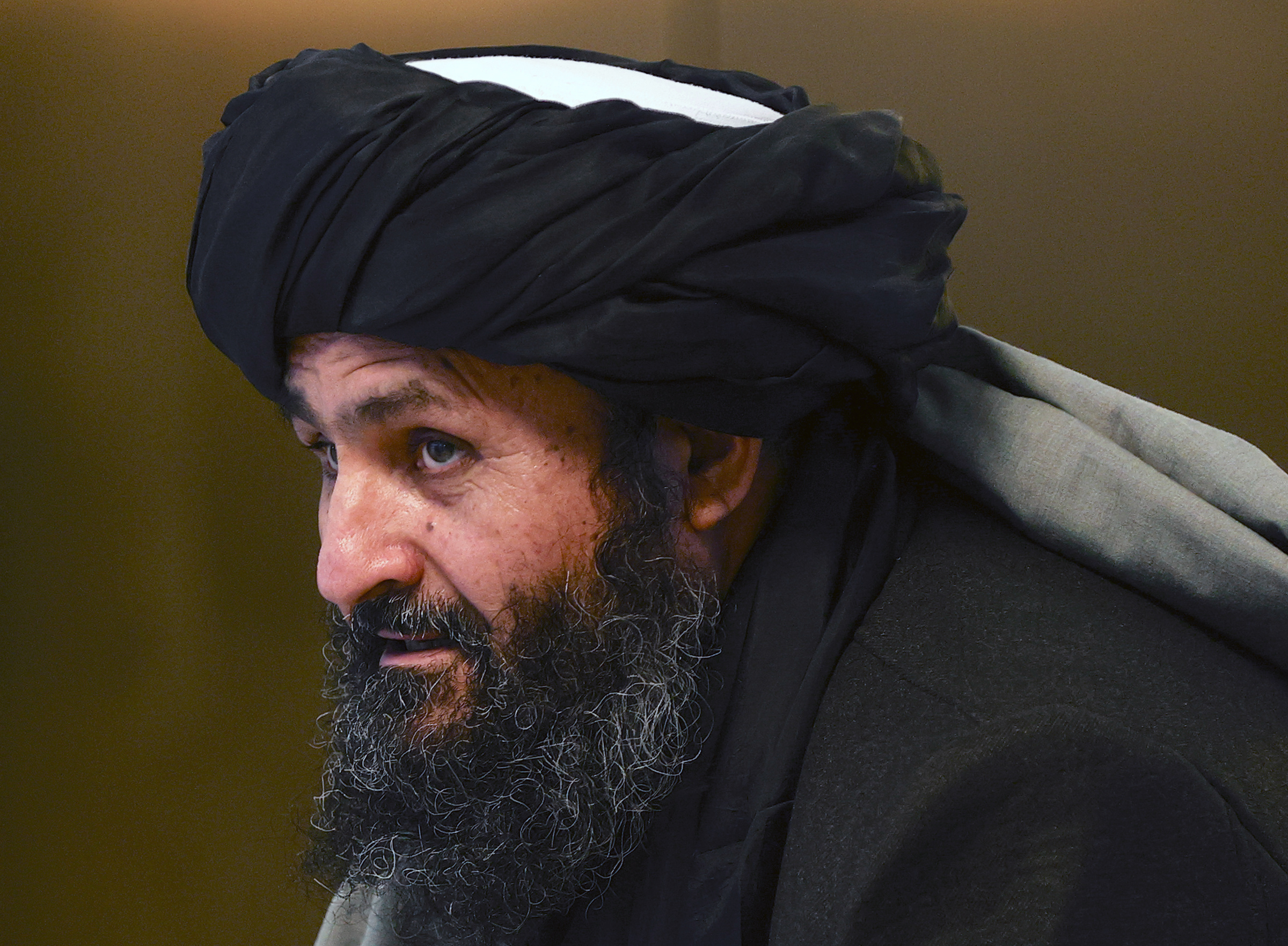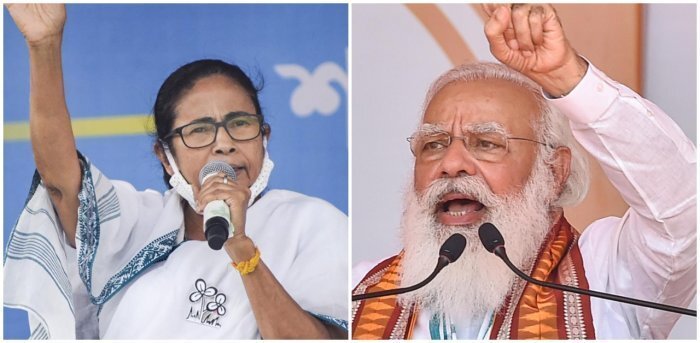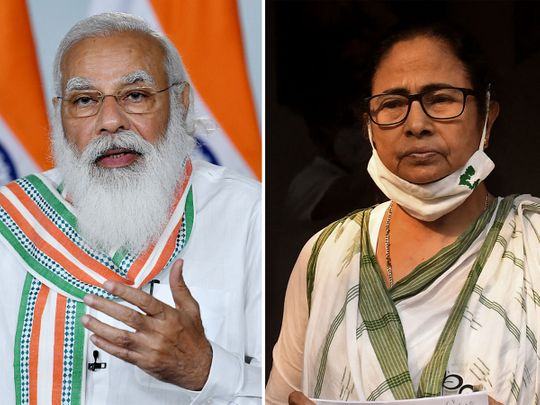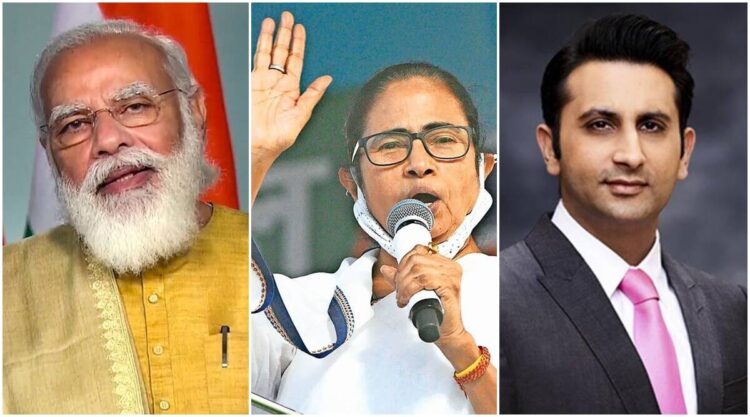Time magazine published the list of 100 most influential people for the year 2021 on Wednesday. Prime Minister Narendra Modi, West Bengal Chief Minister Mamata Banerjee, and, Serum Institute of India (SII)’s CEO Adar Poonawalla were the only Indians on the list.
Taliban co-founder and deputy PM of Afghanistan, Abdul Ghani Baradar, is also included in this list.

The Time list is divided into six categories. These range from Icons, Pioneers, Titans, Artists, Leaders, and Innovators. Apart from Modi and Mamata, the list of leaders include the names of former US President Donald Trump, current US President Joe Biden, Vice President Kamala Harris, Chinese President Xi Jinping, Israel President Naftali Bennett.
Moreover, Tesla Chief Elon Musk is the only celebrated name in the category of innovators. The list also includes the name of Prince Harry of the British Royal Family, as well as his wife Megan. Popular names on the list include anti-Putin activist Alexei Navalny and singer Britney Spears, fighting against conservatorship.
Modi and Didi, among the most influential leaders
Prime Minister Narendra Modi was also selected as the world’s most popular leader in the Morning Consult survey published on 2 September. According to the survey, Prime Minister Narendra Modi has surpassed 13 heads of state of the world, including US President Joe Biden and British Prime Minister Boris Johnson, in the approval rating. PM Modi has a 71% approval score.

Fareed Rafiq Zakaria, an Indian-American journalist, and an author stated in PM’s profile, “In its 74 years as an independent nation, India has had three pivotal leaders. Jawaharlal Nehru, its founding Prime Minister, set the template for the country as secular and democratic. Indira Gandhi presided over its most tumultuous times, spanning war, civil strife and emergency rule. Narendra Modi is the third, dominating the country’s politics like no one since then. Despite mishandling COVID-19—the death toll has been estimated to be much higher than the official count—his approval rating has slipped to a still sky-high 71%.
He added, “When he was elected, many believed that Modi would finally move India off its socialist past and into a capitalist future. He’s done some of that but, more determinedly, he has pushed the country away from secularism and toward Hindu nationalism.
In addition to eroding the rights of India’s Muslim minority, Modi’s government has imprisoned and intimidated journalists who shine a light on its abuses and has passed laws crippling India’s thousands of NGOs and advocacy groups. It was responsible for 70% of Internet shutdowns on the planet in 2020. Two international think tanks concluded this year that under his watch, India has veered away from democracy, toward what V-Dem Institute calls “electoral autocracy.” Modi must decide if that is what he wants as his legacy.”
Barkha Dutt, an award-winning TV journalist and an anchor stated in West Bengal CM’s profile, “Mamata Banerjee, in her signature white sari paired with rubber flip-flops, has become the face of fierceness in Indian politics. On May 2, she stood like a fortress against the expansionist ambition of Narendra Modi, a seemingly invincible Prime Minister, when she retained her role of chief minister of West Bengal in the state’s assembly elections, despite the money and men of the ruling Bharatiya Janata Party.

She added, “Unlike many other women in Indian politics, Mamata has never been framed as someone’s wife, mother, daughter, or partner. She rose from abject poverty—working once as a stenographer and a milk-booth vendor to support her family. Of Banerjee, it is said, she doesn’t lead her party, the Trinamool Congress—she is the party. The street-fighter spirit and self-made life in a patriarchal culture set her apart. If any coalition of forces were to come together to counter Modi nationally, Mamata is almost certain to be the pivot.”
Also Read: Afghanistan- The New Hub For Indo-Pak Politics After Kashmir
















